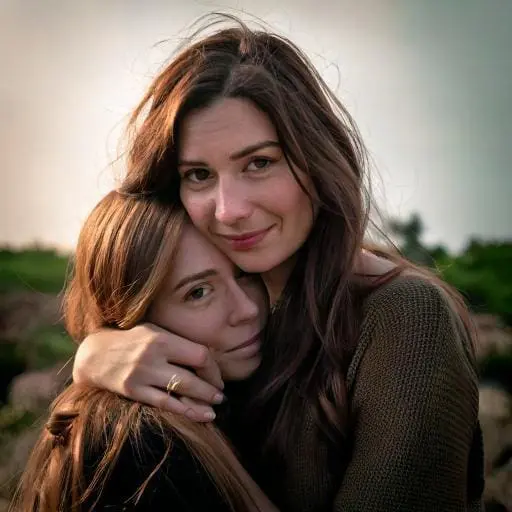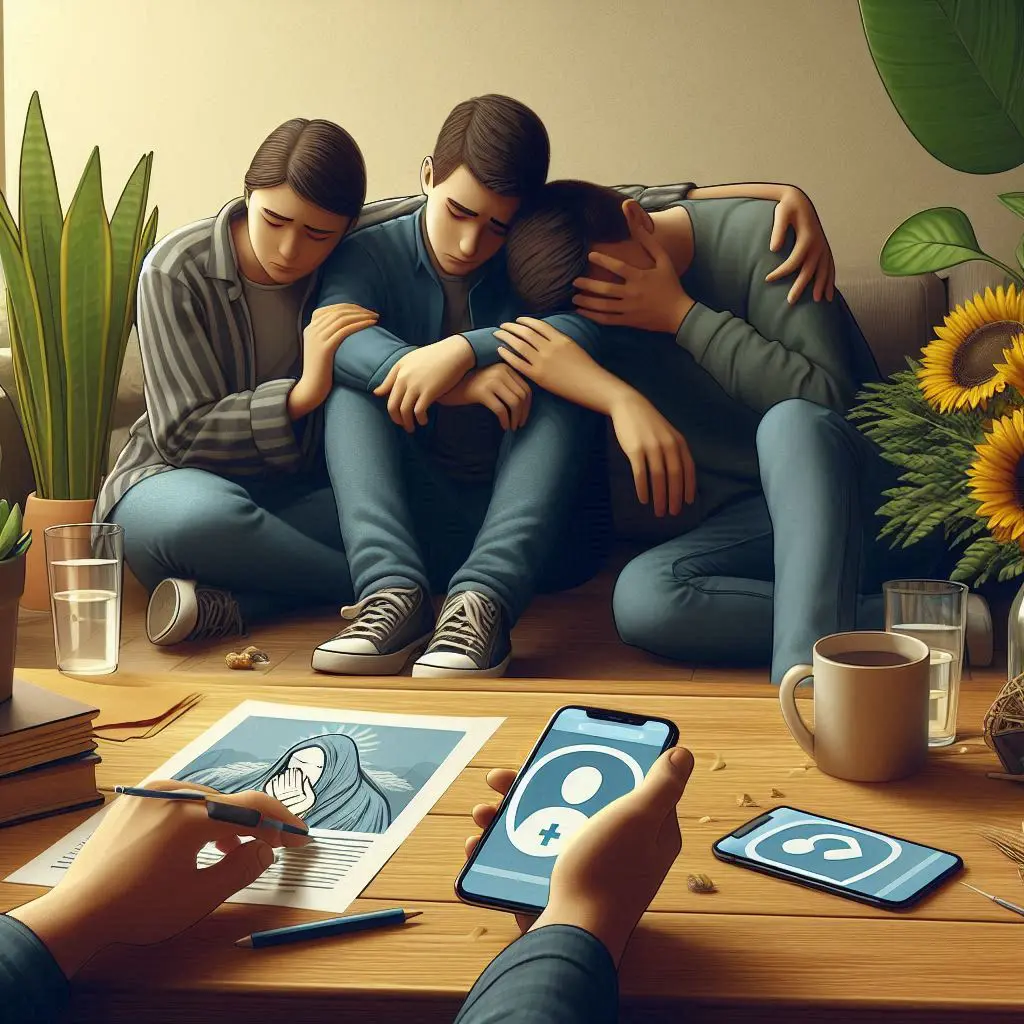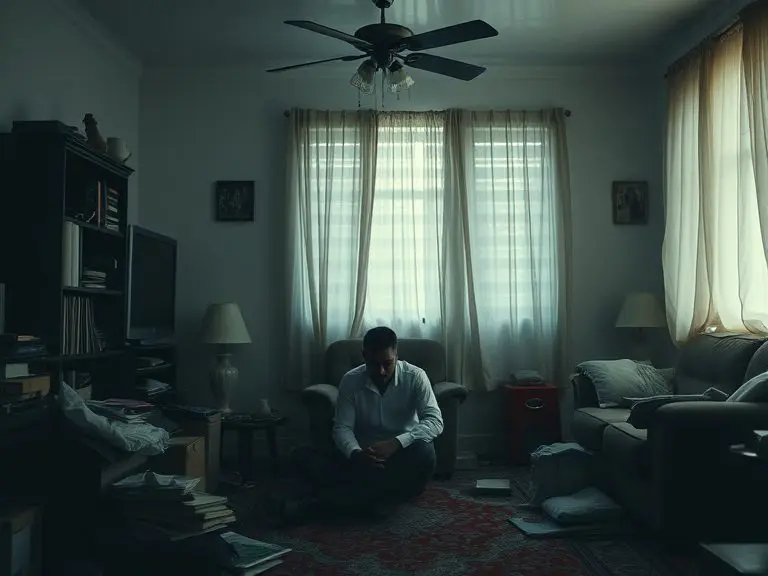Grief is a universal experience. Everyone experiences pain and loss. However, the way we deal with it is individual. #Grief support
What is grief?
Grief is the emotional response to loss. It affects both body and mind. Grief often lasts far beyond the moment of loss. The process of coping with grief is personal.
Coping with grief
Dealing with grief is a process of understanding and accepting the loss. It takes time and patience. There is no real end in sight. The first step in coping with grief is to acknowledge the pain. #Coping with grief
The stages of grief
The five stages of grief are a well-known model. These phases are not linear. Every mourner experiences them differently. The model describes:
- Denial: The loss seems unreal. Sometimes the mourner feels numb.
- Anger: Mourners often feel anger about the loss. This anger may be directed at others or fate.
- Bargaining: This stage often involves ‘bargaining’ with higher powers. It is hoped that the loss can somehow be reversed.
- Depression: A deep sadness sets in. The loss becomes difficult to bear.
- Acceptance: Finally, the loss is recognised. The difficult path forward begins.
These phases help to understand the process of coming to terms with grief. They should not be seen as a rigid sequence. #Stages of grief
Grief counselling as help
Professional bereavement counselling can help. Sensitive counsellors offer support. They are there to listen. Grief can be processed through talking and sharing rituals.
Support groups can also help. Sharing with others can help ease the burden. The feeling of not being alone is comforting. #Grief counselling
Methods for dealing with grief – Grief counselling
There are many ways to deal with grief. Each person must find their own. Popular methods include:
- Creative writing: Putting thoughts and feelings on paper. A diary can help to organise emotions.
- Art therapy: expressing feelings through art. Painting or pottery can free you up.
- Exercise: Sporting activities can reduce stress. Going for a walk can also heal.
- Rituals: memorial services or lighting a candle. Rituals provide structure and support.
All of these methods are aimed at processing grief. #Processing grief
The role of digital souvenirs
In the digitally connected world, there are new ways to keep the memory of the deceased alive. The ENKORO app is one such way. It allows you to share pictures, videos and text with others to keep the memory of a loved one alive. This can be a valuable part of the grieving process. Visit www.enkoro.life for more information.
The role of friends and family
Friends and family play a crucial role. The social environment is supportive. A sympathetic ear and understanding are valuable.
It is important to listen and to be there without pushing. Each bereaved person needs his or her own time. Small gestures of affection can make a big difference.
Conclusion
Dealing with grief is an individual process. There are no set rules or timeframes. Everyone has to find their own way. The support of a bereavement counsellor can be a valuable help. #Grief
Loss hurts, but healing is possible. With time, patience and support, grief gets easier.
Understanding the stages of grief and actively grieving can help ease the pain. Despite the suffering, there is hope and healing at the end of the road. #Hope #Healing
The journey is difficult, but not impossible. Every step forward is a step towards recovery. In time, loss becomes part of life. But the memory always remains alive in the heart. #Memory #Love
Dealing with grief does not mean forgetting. It means living with the loss and moving on. Time helps. Support is important. Together you can work through the grief and eventually see the light again.







